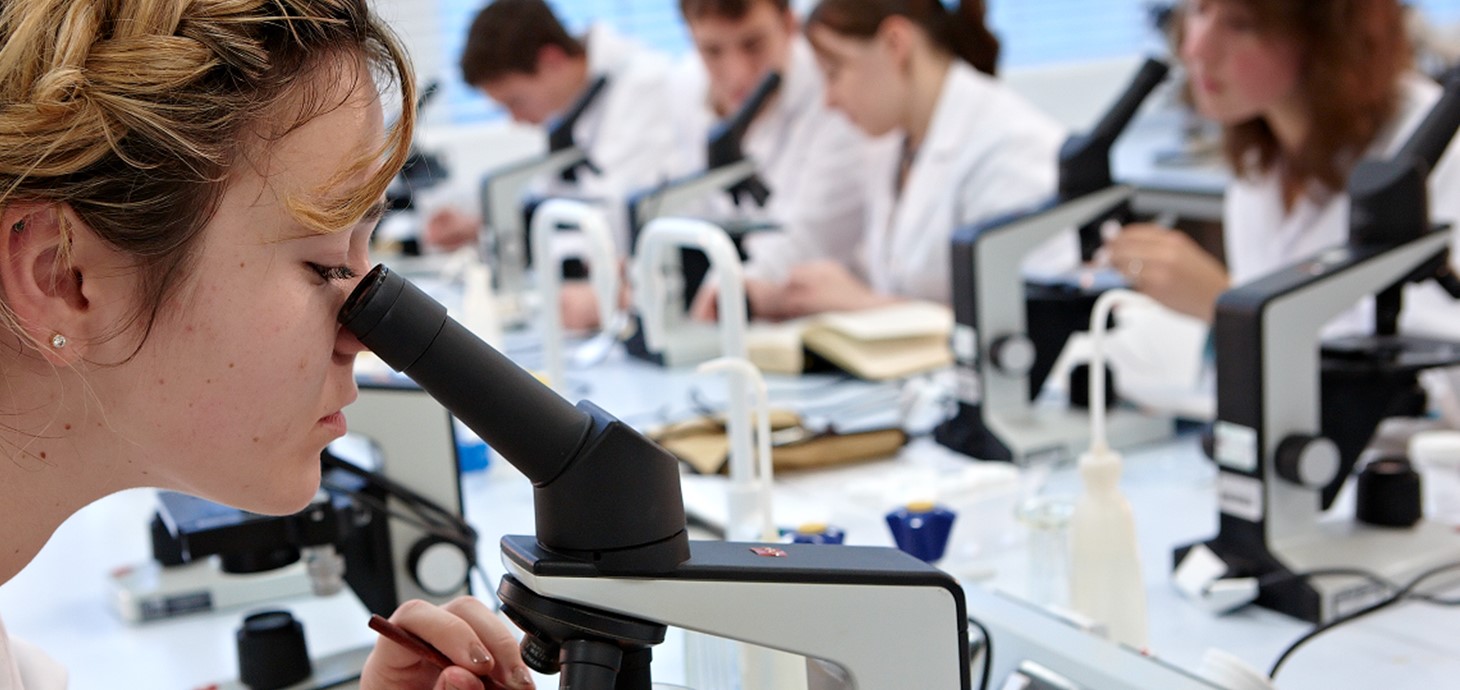
Swansea University researchers are helping to develop wider understanding of Covid-19 in addition to their important focus on vaccines.
The University’s Medical School is home to the Centre for Cytochrome P450 Biodiversity and the multi-million pound inter-disciplinary BEACON research centre. Both are at the forefront of using knowledge of bacteria and fungi to tackle a variety of health challenges while integrating approaches into green research goals.
Professor Steven Kelly said: “We have been reviewing our research in light of the pandemic. Specialising in microbial studies, we were very pleased to see that many of our papers feed into the Covid-19-related research and other health areas.
“We are fortunate to be able to benefit from working with external academic and industrial partners to advance our research. We hope that our research will help improve processes for the future.”
Their research revealed:
- how using a concentration of less than 70 per cent ethanol can be effective in sanitizers, so reducing just how much ethanol had to be produced;
- squalene, used as an adjuvant in vaccines, is generally obtained from shark liver, but given the scale required for Covid-19 vaccinations and others, mass harvesting of sharks isn’t sustainable or desirable. But yeast can be manipulated to add value to bioethanol production including squalene production from spent yeast;
- novel and long-acting inhaled azole PC945 as a candidate drug to treat aspergillosis, a respiratory co-infection found with Covid-19. Working with Pulmocide Ltd, the team have determined the mechanism of action and efficacy of PC945 and the drug candidate is currently progressing through clinical trials;
- The potential of yeast to produce intermediates needed to create cortico-steroids - the vital anti-inflammatory drugs that have helped save the lives of Covid patients. Enzyme-based conversion of progesterone has been used to synthesise cortico-steroids including dexamethasone industrially since 1950s. The Swansea team has shown how following an initial production of bioethanol, the spent yeast could produce an essential cortico-steroid intermediate, a process that is difficult to achieve by chemical synthesis.
